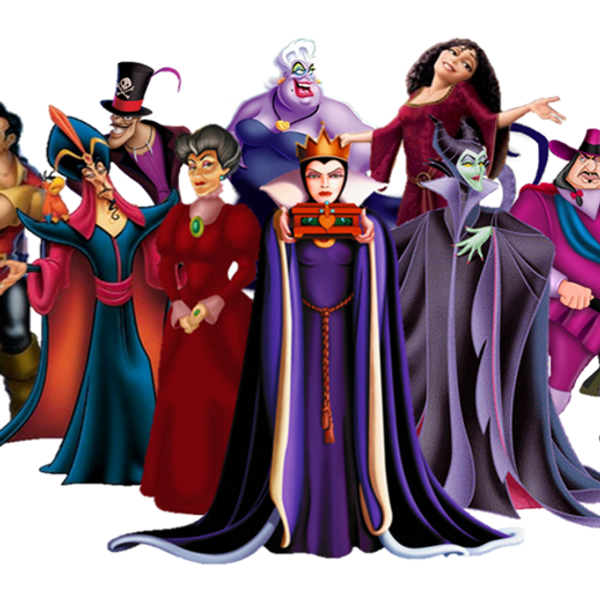With the release of Frozen a few years ago, feminists everywhere rejoiced as the Disney princess seemed to finally be moving in a progressive direction. The movie explored the bond between sisters, challenged the love-at-first-sight trope, and replaced the damsel in distress with powerful, self-sufficient women. However, the celebration quickly soured as we realized Disney had given us an example of false feminism.
The problems with Frozen were easily unnoticed on first view, or even second, if you skim the surface of what essentially is a film for young girls. Yet, when you try to examine it through a feminist lens, several problems emerged: Elsa’s acceptance of herself as a strong female led to her isolation and villianization; despite “true love” being revealed as sisterhood in the film, romantic subplots take up a large chunk of plot; and female emotions were depicted as a loss of control with dangerous consequences, especially with Elsa’s power.
At the end of the day, while Frozen was a step in the right direction, it had definitely not “Let Go” of gendered norms.
Then came Moana, which pushed the Disney princess into a whole new feminist landscape—or seascape, more appropriately. Here are the reasons why Moana is truly a feminist movie.
1. There is no romantic plot—or sub plot.
Flashback to the theater as the room darkens and the film starts, and I immediately start looking for the potential love interest to be introduced—a subconscious habit after an entire childhood of Disney princess plots ingrained in my memory. However, from start to finish, Moana’s story is really about her—Moana. There’s no suave, handsome man swooping in to save her, to marry her, or to so much as express romantic interest in her, and, for once, everyone is okay with that—no disappointed matchmaking parents here!
2. She’s not just a princess, she’s a queen.
Moana is a queen in her own right—not through marriage. Not only that, but when she embraces her role as leader, her village praises her ability and honestly respects her as their queen.
3. She shows the ultimate independence.
A long journey on a boat with only a chicken for company, teaching herself to sail across dangerous ocean, and completing her mission solo to save her island—how much more independent, both physically and mentally, can Moana get? She is the perfect example of a woman fending for herself, thinking for herself, and succeeding in achieving her dreams through her own ambition.
4. She has strong bonds with other women in her life.
Too often women are pitted against each other in Disney movies—the witch and evil stepmother are common tropes. Moana, instead, has positive relationships with both her mother and her grandmother in the movie that show mutual respect, love, and connection.





















